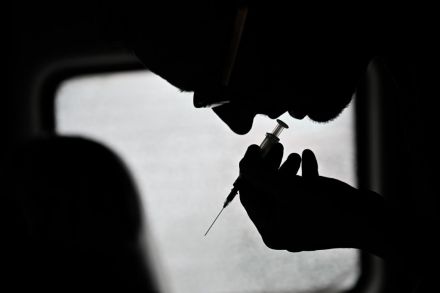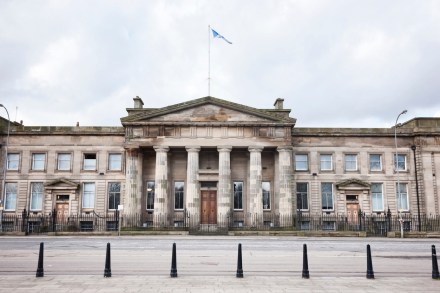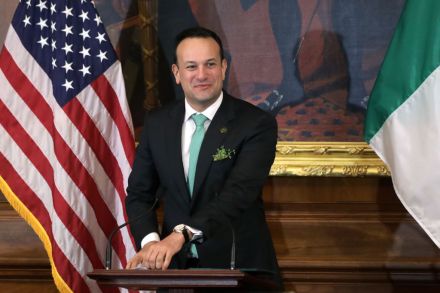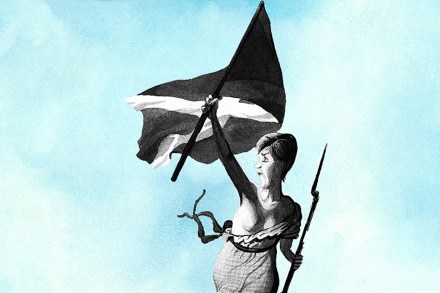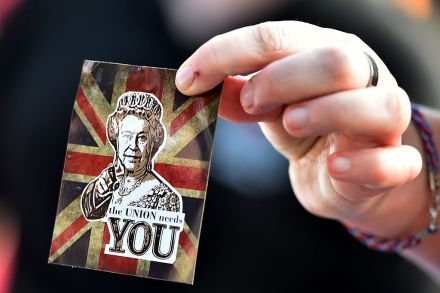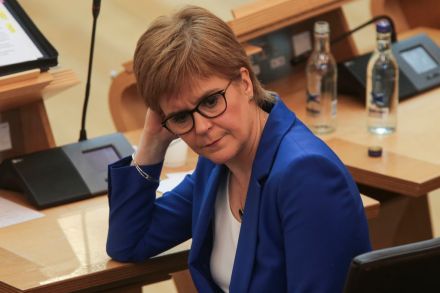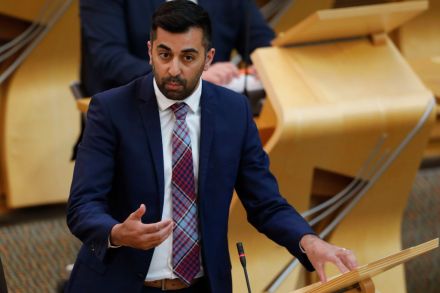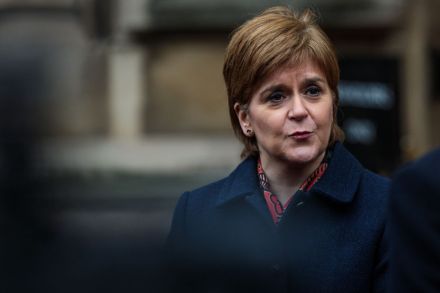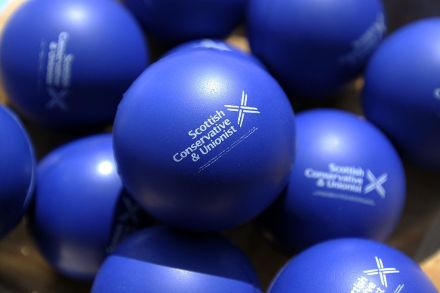Why does Ian Blackford get a free pass at PMQs?
The Speaker was busy at PMQs. He jumped in at the start and told Michael Fabricant, the orange-haired member for Lichfield, to stop rambling and get to the point. He admonished an SNP member for addressing the Prime Minister as ‘you.’ Convention dictates that ‘you’ in the Commons means the Speaker himself. ‘You keep saying ‘you’. I’m not responsible for any of this,’ Lindsay Hoyle said. And he jokingly called Boris, ‘Father Christmas,’ after a Tory suggested that the PM was like Santa for school kids. So there seemed to be a semblance of seasonal cheer in the chamber. And then Sir Keir Starmer stood up and read out a



